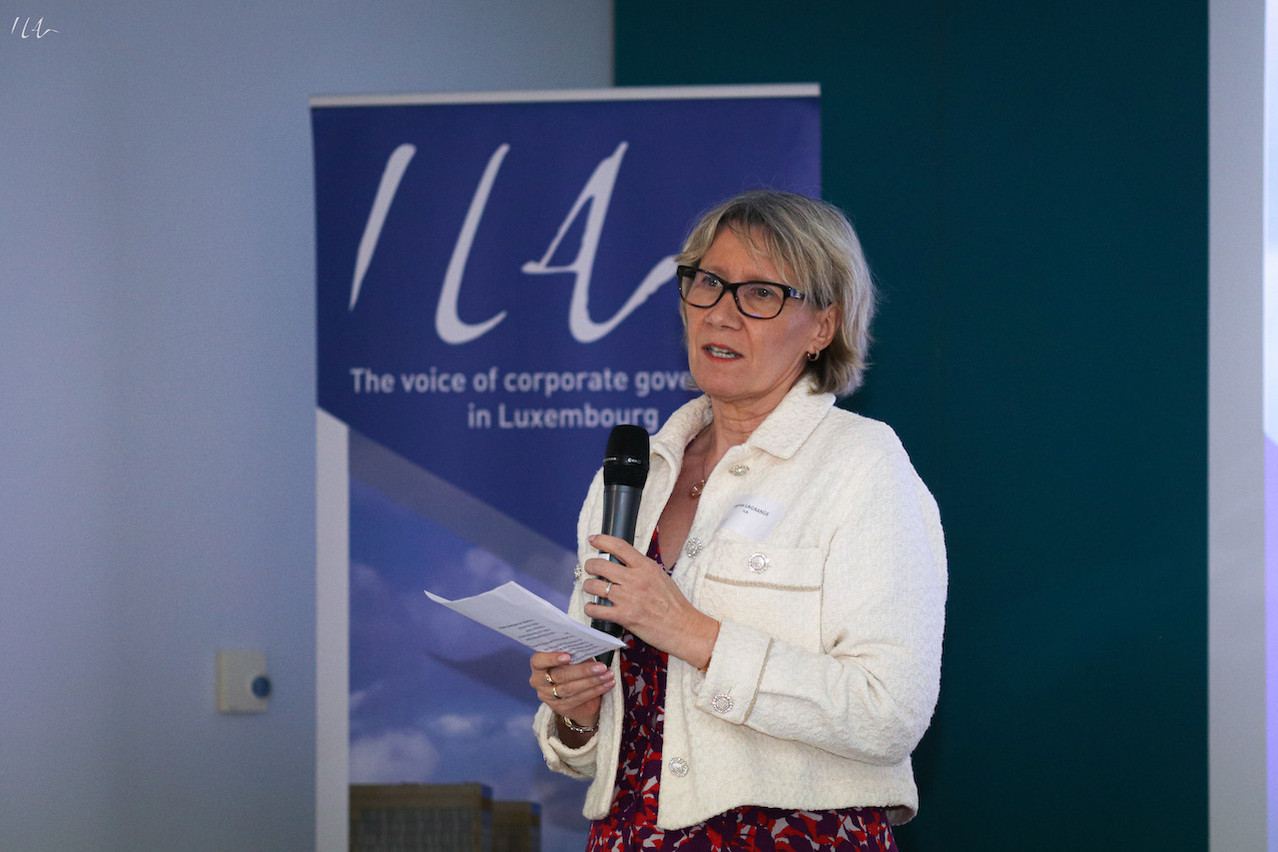A little background: bill 6054 on the reform of non-profit associations and foundations was passed on 28 June 2023 and became the law of 7 August 2023. Coming into force on 23 September 2023, it is designed to meet two objectives: to simplify and modernise the legal framework, and to create greater accounting transparency to ensure better control. As the law gives existing not-for-profit organisations and associations two years to comply with the text, it cannot be said that the Caritas case alone has failed to achieve its goal. There is, however, one point on which the law seems to have erred by omission: the status of administrators.
The rise of directors
Directors play a key role in the running of companies. This role has grown in importance in response to the many scandals that have affected the business world in general and the financial world in particular. This has had an impact on the very status of directors. These boards have gone from being rubber stamp affairs to becoming more professional. They now have much more voluminous and technical files to study. They are required to meet often enough to understand and monitor the company's activities. They have to get involved in numerous committees such as audit, remuneration, appointments and others. And they are responsible for everything they do. In addition, boards of directors are required to be open to independent directors. These are people with no direct or indirect interest in the company that employs them, so that they can participate objectively in the work of the board of directors. They are often recruited on the basis of their skills, in order to help the company move forward in an area where the independent director can bring added value.
This professionalisation has several consequences. In particular, it limits the number of directorships that can be held. In the financial sector, the financial regulator CSSF takes particular care to ensure that directors have enough time to carry out their duties properly. They also have training obligations. And all this obviously has a cost. Being a director can be very lucrative.
Shortcomings of the law of 7 August 2023
And this is where the Law of 7 August 2023 misses the mark: it does not allow directors of non-profit associations to be remunerated.
However, the responsibilities of directors in the private sector are the same as those of directors in the voluntary sector. "In both sectors, they are responsible for ensuring that governance works properly. And they must ensure that the various bodies in place - in particular the general management team - function properly, that the company's objects are respected and that its finances are transparent", , chair of the Luxembourg Institute of Directors (ILA), said in an interview. For her, it is essential to ensure "that the board of directors in place is competent, that it understands the business model and that it ensures that the control framework put in place is effective. It must have regular reports on the internal control environment that is in place, on risk management. For example, the rules governing signatures or the thresholds above which payments must go through him. And he must be in regular contact with management".
Lagrange believes that this is the only way to avoid the all-too-frequent "information gap" - i.e. the fact that management always has more information than the board of directors. “It's something I often see: the board, influenced by management, accepts the reports it receives without challenging them. You can't just take the information as you receive it. You have to ask questions regularly and be clear about what information you want to receive.”
Attracting skills
But if these efforts are rightly demanded of association directors, they should have the same status as directors in the private sector: remuneration and obligations in terms of multiple mandates, skills and training. This is all the more important given that the civil liability of directors in the private or voluntary sectors is the same in the event of a breach.
There is no question of accusing the directors of voluntary organisations of dilettantism, insisted Lagrange. "People are often very committed to the aims of the non-profit organisations they join. But goodwill isn't everything. Fortunately, there are many directors in the associations who are also directors in commercial companies and who are trained for that. But some are better trained than others... The size of some associations, which are similar to very large SMEs, means that directors need to be more professional.”
Although the law does not provide for this - or not yet - the ILA has set up a working group on NGOs. "If there is one positive thing to come out of the Caritas affair, it is the need to train directors".
As far as remuneration is concerned, Lagrange believes that the voluntary sector will never have a level of remuneration comparable to that of the financial market. But the financial aspect can help to attract better-trained and more motivated people.
Read the original French version of this report here
